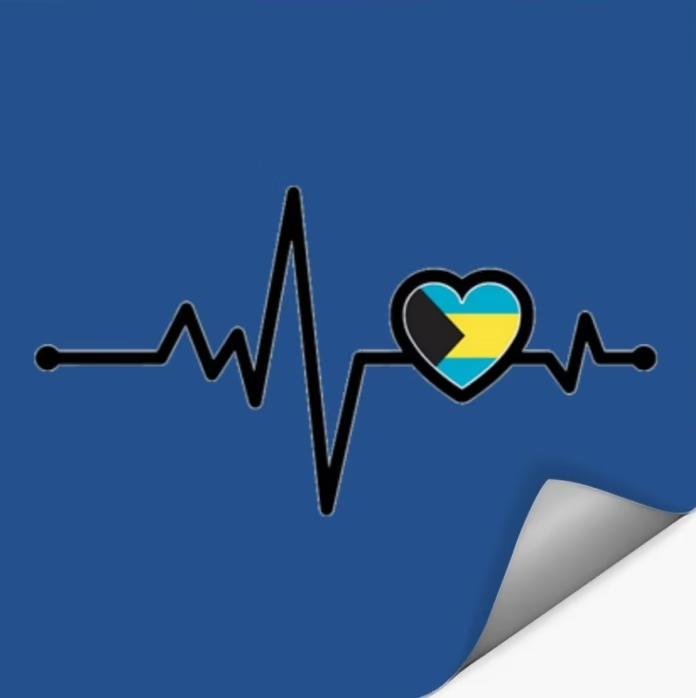LONG BEACH — Dignity Health – St. Mary Medical Center or SMMC is raising awareness and urging the community to understand Atrial Fibrillation (AFib) – the most prevalent heart arrhythmia affecting millions of Americans and skyrocketing their risk of stroke.
Often described as a “quivering” or “irregular” heartbeat, AFib occurs when the upper chambers of the heart (atria) beat chaotically and irregularly, out of sync with the lower chambers (ventricles). This irregular beating can lead to blood pooling in the atria, increasing the likelihood of blood clot formation. If a blood clot travels to the brain, it can cause an ischemic stroke, the most common type of stroke
AFib is a serious condition that many people may not even realize they have,” said Dr. Nikhil Kapoor, MD. “The symptoms can be subtle or even absent, which is why awareness and early detection are so crucial. Unmanaged AFib dramatically increases a person’s risk of stroke by four to five times.”
Key Facts About AFib:
- Prevalence: It is estimated that 2.7 to 6.1 million Americans currently have AFib, with
numbers projected to rise as the population ages.
- Leading Cause of Stroke: AFib is responsible for approximately 15-20% of all ischemic
strokes.
- Silent Condition: Many individuals with AFib experience no symptoms, making regular
check-ups and open communication with providers essential.
- Risk Factors: Age, high blood pressure, heart disease, obesity, diabetes, sleep apnea,
excessive alcohol consumption, and family history can all increase the risk of developing
AFib.
Common Symptoms of AFib (if present):
- Palpitations (a feeling of a fast, fluttering, or pounding heart)
- Shortness of breath
- Fatigue
- Dizziness or lightheadedness
- Chest pain or discomfort
- Weakness
Dr. Kapoor advised if you experience any of these symptoms, even intermittently, it’s vital to speak with your doctor.
Simple diagnostic tests, such as an electrocardiogram or ECG, can help detect AFib, Dr. Kapoor continued. Early diagnosis and appropriate management can significantly reduce the risk of stroke and improve a patient’s quality of life.
Details: dignityhealth.org/socal/heart.



